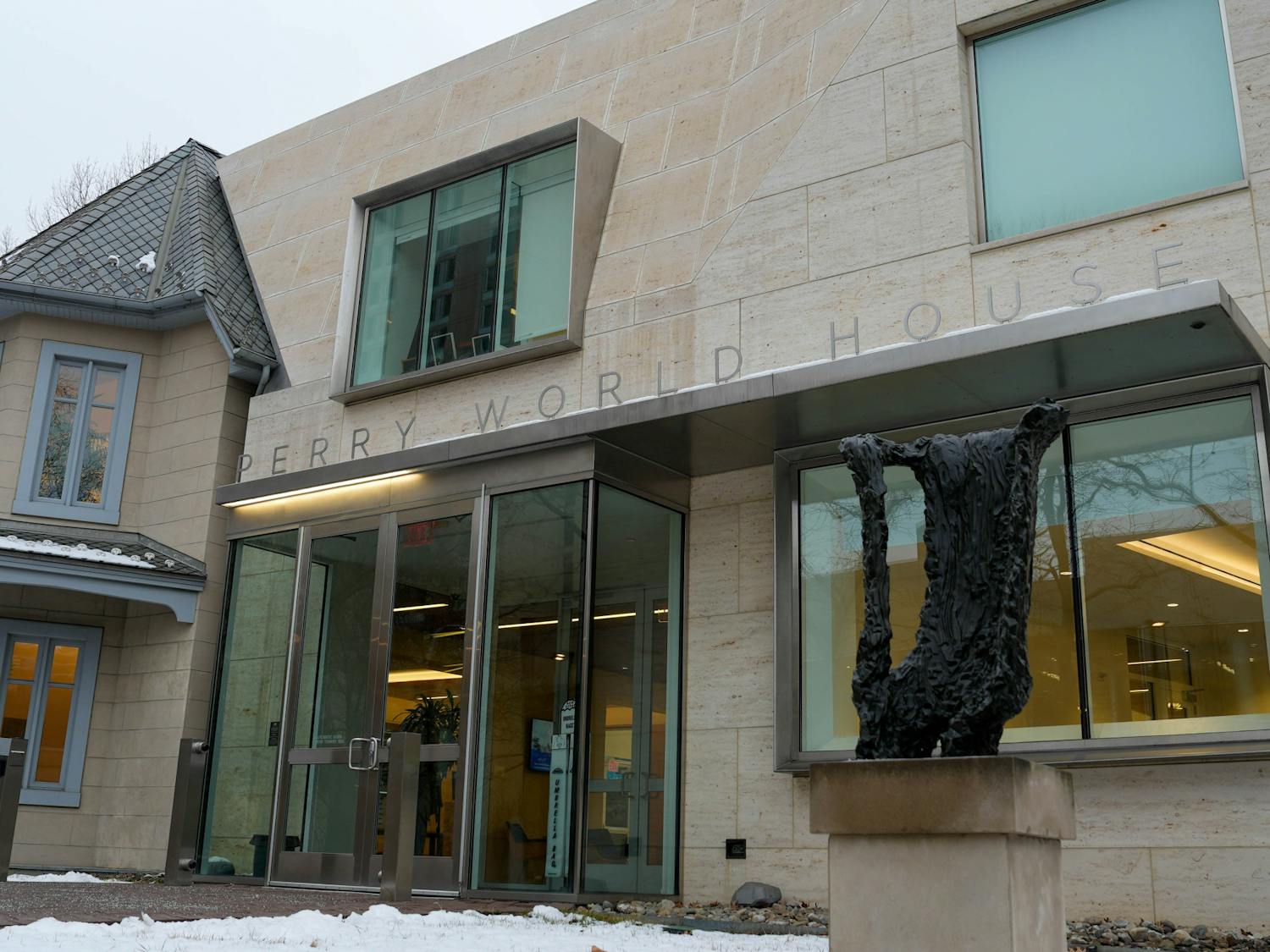Penn Medicine and researchers at the Children’s Hospital of Philadelphia successfully treated a deadly lung disease in a mouse using the applied gene editing technique CRISPR, Penn Medicine News reported.
Penn Medicine researchers led several experiments involving gene editing in mice, which utilized the genetic engineering technology CRISPR. The research study, published April 17 in Science Translational Medicine, marks a potential breakthrough for a new therapy that can be potentially used to treat common lung conditions, such as cystic fibrosis, that are diagnosed in utero, Penn Today reported.
Edward Morrisey, professor of cardiovascular medicine and cell and developmental biology at the Perelman School of Medicine, along with William Peranteau, professor of surgery at the Medical School, conducted the experiments in gene editing. The use of CRISPR resulted in a survival rate of 22% for mice born with a mutation causing lung disease, which previously killed all mice.
“The ability to cure or mitigate a disease via gene editing in mid-to late gestation before birth and the onset of irreversible pathology is very exciting,” Peranteau told Penn Medicine News. “This is particularly true for diseases that affect the lungs, whose function becomes dramatically more important at the time of birth.”
The scientists injected mice with the fatal lung disease with the gene editors late in gestation and found distinct changes in the quality of their lungs. The application of gene editors was applied in similar conditions to mice with a defect that resulted in a lung disease that causes death within hours of birth. Gene editing resulted in increased lung health and survival.
Penn Med researchers have treated two cancer patients the first-ever human CRISPR trial in the United States. One patient has myeloma, a cancer of white blood cells, and sarcoma, a cancer in the bones and soft tissue. Through gene editing, the researchers want to alter the patients’ immune cells' function towards fighting the cancers.









